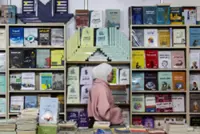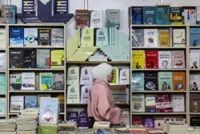In a world of shrinking third spaces, bookstores – especially the smaller, independent ones – remain important places where people gather over a shared love of books and reading.
Coinciding with World Book Day 2025 on April 23, these independent bookstores – where culture, conversation, and community come together meaningfully – deserve a moment in the spotlight.





